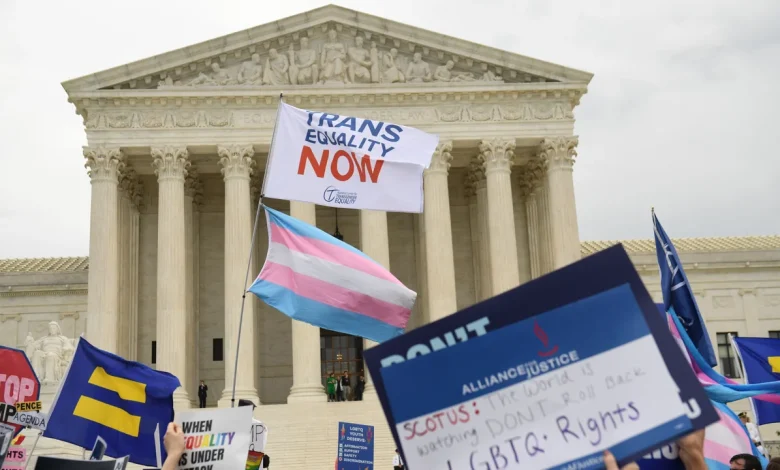U.S. Supreme Court to Hear Landmark Case on LGBTQ Books and Religious Rights in Schools

The United States Supreme Court is set to hear a pivotal case on Tuesday that could reshape the intersection of religious freedom and inclusive education in American public schools.
At the heart of the legal battle is a challenge brought by a group of Christian and Muslim parents against the Montgomery County Public School District in Maryland.
The parents argue that their constitutional rights were violated after the school system introduced books discussing LGBTQ themes into early childhood classrooms — and later revoked the option for parents to exempt their children from such lessons.
The curriculum, implemented in 2022, was designed to foster inclusion and counter prejudice. Initially, parents were permitted to opt out of the instruction.
However, citing disruptions and high absentee rates, school officials eliminated the opt-out policy, stating it had become “unworkable” across the district.
The plaintiffs argue that the policy reversal infringes upon their First Amendment rights and undermines their ability to raise their children in accordance with their religious values.
Their lawsuit claims the district is seeking to “override” parents’ rights to instill faith-based principles in their children, particularly around issues of sexuality and gender identity.
“This case is not about censorship — it’s about choice,” the parents’ legal team said in a statement. “Families should not be forced to choose between their deeply held beliefs and their child’s public education.”
The case comes amid a broader national debate over educational content, particularly in states where conservative lawmakers have advanced legislation restricting the discussion of sexual orientation and gender identity in schools.
In Florida, for instance, Governor Ron DeSantis signed the controversial “Parental Rights in Education” law, often dubbed the “Don’t Say Gay” bill, which limits such discussions in early grade levels.
While previous Supreme Court rulings have largely upheld that exposure to differing viewpoints does not constitute a violation of religious liberty, the outcome of this case could redefine those boundaries.
The Trump-era Department of Justice filed an amicus brief in support of the parents, calling the school’s actions a “textbook case of government interference in religious expression.”
The high-stakes case arrives before a court with a 6–3 conservative majority and could set a powerful precedent on how public schools nationwide balance inclusive curricula with the religious rights of families.
A decision is expected before the court’s term concludes in late June.





